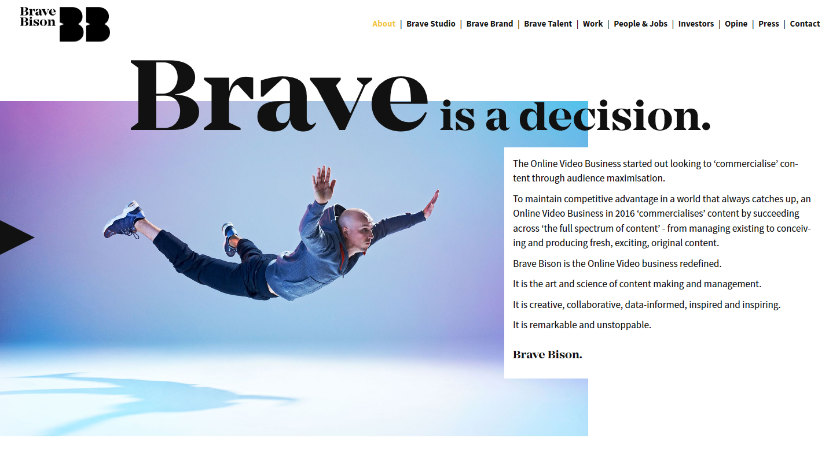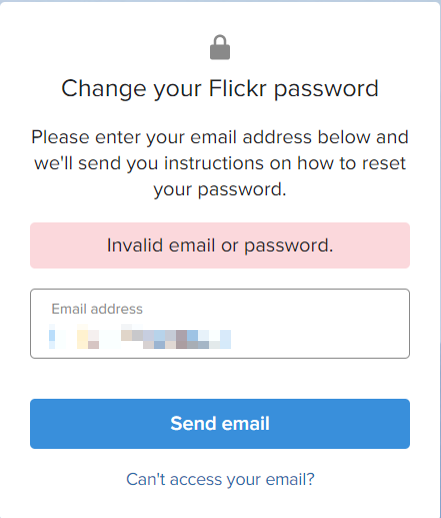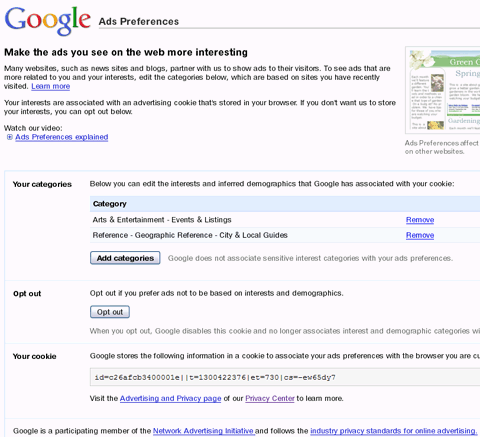Cory Doctorow posted a link to his collection of links at Pluralistic for August 5, 2020. The first one’s heading piqued my interest: ‘Contextual ads can save media’.
It’s worth having a read, especially about the BS behind behavioural advertising (i.e. surveillance advertising) and the ‘real-time bidding’ that so many ad networks have been trying to sell to me but which none of them can explain.
If it smells like BS, it probably is.
I tell each one: we sell ads, give us some banner code, and we’ll stick it up. They perform well, we increase their share. They perform badly, we decrease them.
They usually go on about the superiority of their systems but if I don’t understand them, then I’m not going to make the switch.
I won’t cite what Cory says on that as the real gems are later in the entry.
Here’s the one, which agrees fully with something I’ve been saying, though my experience is anecdotal and not backed up by proper, quantitative research: ‘Contextual advertising converts at very nearly the same rate as behavioral advertising, and just as well as behavioral ads for some categories of goods and services’.
He then gives this link.
He notes that in 2019, The New York Times ‘ditched most of its programmatic behavioral ads’ and that the Dutch public broadcaster, NPO, has followed suit, ‘ditching Google Ad Manager for a new custom contextual ad system it commissioned’.
‘They’ve since experimented with major advertisers like Amex and found little to no difference between context ads and behavioral ads when it comes to conversions.’
There’s also greater reach because of GDPR requiring that people opt in to behavioural ads.
My emphasis here: ‘And they’re keeping that money, rather than giving a 50% vig to useless, creepy, spying ad-tech middlemen.’
I knew there was a reason I kept rejecting those people.




